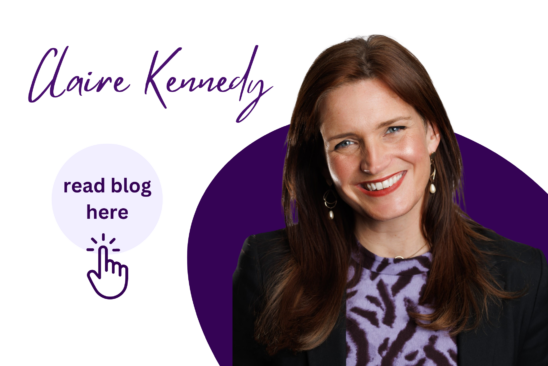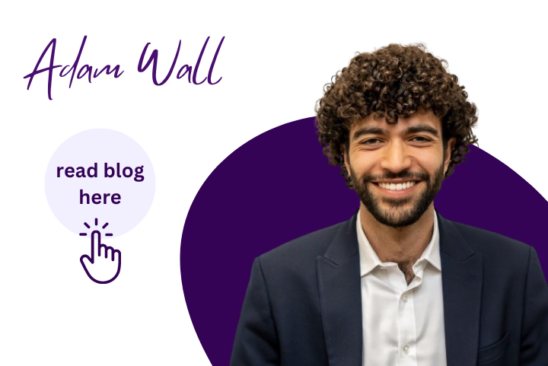Insight piece from Charlotte Augst, PPL Senior Advisor
Commentators from all sides of the political spectrum agree that health services are facing the toughest challenges yet. In the absence of any long term plans, including for social care, workforce, health inequalities, or estates, it is hard to see how things can improve before the next election.
So the motto for the next period will continue to be working smarter, more efficiently, and cutting ‘waste’. One of the ways the public sector tries to do that is by targeting interventions ever more ruthlessly: only if you are officially homeless can you get help with housing, only if you are trying to take your own life can you access mental health services. This obviously leads to a spiral of acuity, where an ever increasing proportion of public spending is tackling acute crises, rather than used upstream, on keeping people well.
But even where the system tries to move to more preventative approaches, it continues with the framing of ‘targeted interventions’. We mustn’t waste our support on people who would have been alright anyway. This often includes how the voluntary and charity sector is commissioned: don’t open your walking group to people who would have taken up exercise anyway, don’t offer parenting advice to a mother who would have recovered from postnatal distress anyway, don’t just throw around your resource like we have enough of it.
In the end, we seem to envisage a future where most of us are expected to ‘go it alone’ and the state inserts time limited and targeted support offers with surgical precision for those who otherwise would ‘become expensive’.
One of the biggest challenges for public services understood in this way is then how to stratify, assess, police access and ration support.
I do believe we need to step out of this paradigm and rediscover an older idea: proportionate universalism, embedded in community activity.
I was reminded of this important idea, to provide universal services, but at a scale and intensity proportionate to the degree of need, when I read the recent health impact evaluation of the Sure Start programme. Sure Start was a one stop shop, based in a community setting, that offered health education, parenting support, information and employment advice all under one roof. It was introduced in 1999, and peaked in 2010, before the coalition government decided to remove the ring fenced funding, while drastically cutting local authority budgets, thus forcing the closure of most of the centres. In the first wave, they were focused on areas with high levels of deprivation, but they were then rolled out across the whole of the UK. They were open to everyone who walked through the door. There were low levels offers – such as stay and play, that every parent could take part in, but the centres also offered more sustained and in depth support to people who has bigger struggles.
Crucially, the proportionalism was not based on assessments and the constant enforcement of access criteria (you are no longer anxious, you don’t need to come here anymore; you have had six play sessions, we don’t want you to become dependent…). The offer was open ended, and exuded generosity and mutuality: come here and hang out, meet others, make friends.
And the best thing of all: It continues to have massive and positive impacts on the children who attended, and those benefits are most pronounced for those from disadvantaged backgrounds. From the 2021 evaluation report:
Sure Start ‘affects health up to a decade after children’s eligibility has ended […]. Sure Start decisively reduces hospitalisations, with stronger immune systems, better disease management, safer home environments and fewer behavioural problems all potentially playing a role.’
These effects were most pronounced for children from poorer households and boys – with far fewer admissions for mental ill health and accidents: ‘Sure Start affects children’s socio-emotional and behavioural development’
But isn’t this model just far too expensive?
The evaluation also found that ‘while the full cost of providing Sure Start to all children may not be recouped by including only the health returns, we find that the financial benefits from reducing hospitalisations alone offset approximately 31% of the cost of Sure Start provision’. Hospitalisation will only ever be the tip of the iceberg, the most pronounced area of spend. The effects of supporting young families will also ripple through primary care use, through education, parental mental health, offending and so on.
What can we learn from this for now?
I am reminded of the many local groups the sector I work in runs every week and for the whole year, be they ‘life after stroke’ services, ‘breathe easy’ groups for people with COPD, or peer support groups for people living with HIV. Too often, commissioners look at these models and conclude that they are not targeted enough, that only one or two people attending the group would wash up in A&E without the support, that most other people are actually quite alright. Some even include partners or family members who are themselves well! What a waste… This ignores that these groups aren’t a ‘service’ or a targeted intervention. They are community. People start going there when their diagnosis might be new, when they are struggling. Then they meet other people, they support each other, some of them start running activities or organising outings. Some people, sometime, do more of the carrying and some people are more likely to be carried. And that’s okay, that is how we function as people and friends and peers.
What I am taking from all this, is that we need to stop thinking our biggest challenge is how to ‘target’ and start thinking about how to hold, support, strengthen, inspire and enjoy each other.
Sure Start worked because big investment went in (at its highest, £1.5 billion, in 2010-11). But it worked because these were nice places, with friendly people, where I could go as a new mum, bored and stressed in equal measures, and meet other women, for chats and coffee. But they also enabled a woman whose struggle were so much deeper than mine to be identified and helped in holistic ways that weren’t stigmatising or defining her as ‘troubled’.
I do believe we need to learn from what works and take from these impressive results the courage to believe in the power of proportionate universalism. This means investing in community, both through services, but crucially also through enabling thriving and living networks of relationships that can hold and sustain us.
The future is bright, the future is community hosting services.




